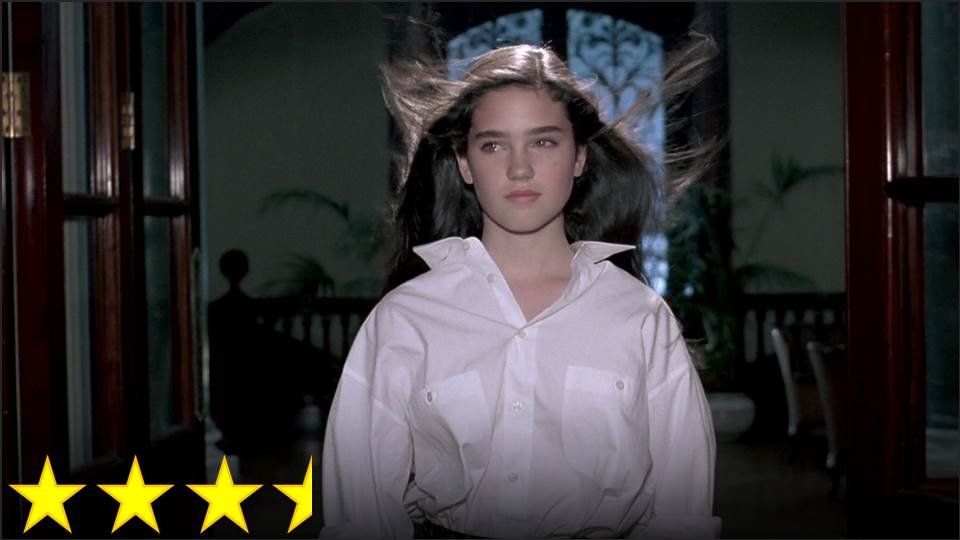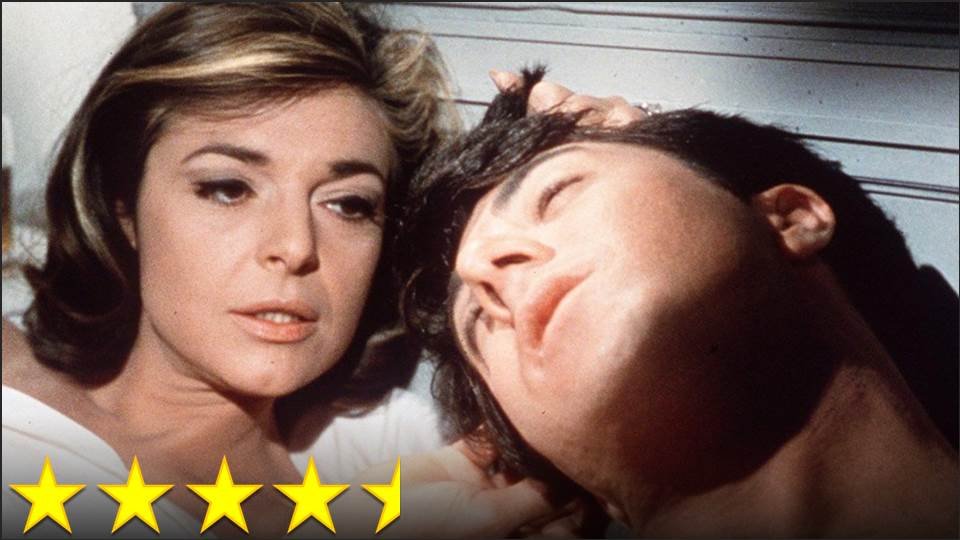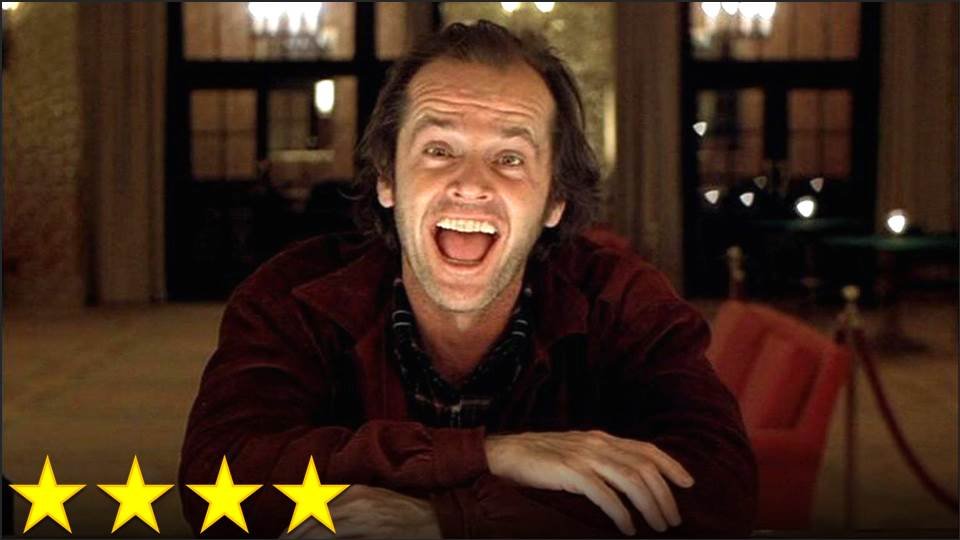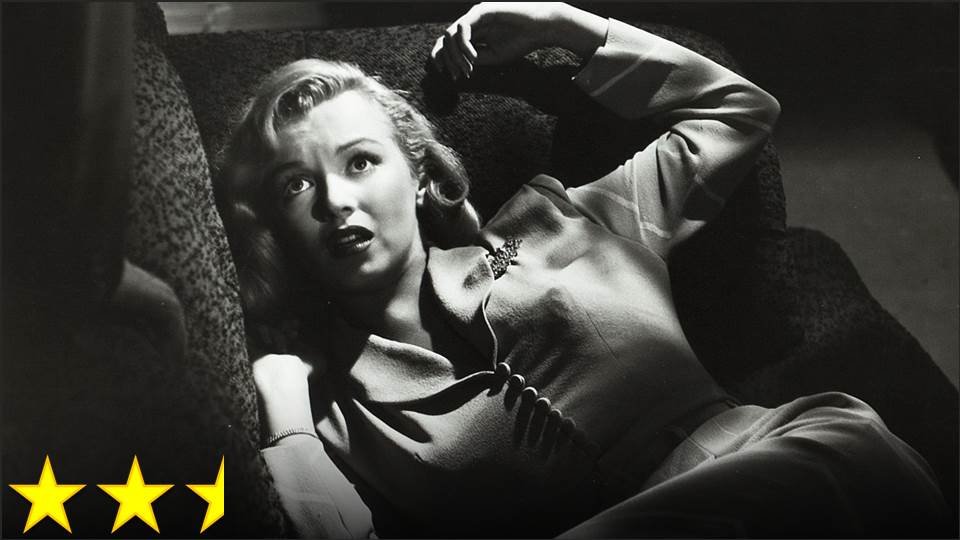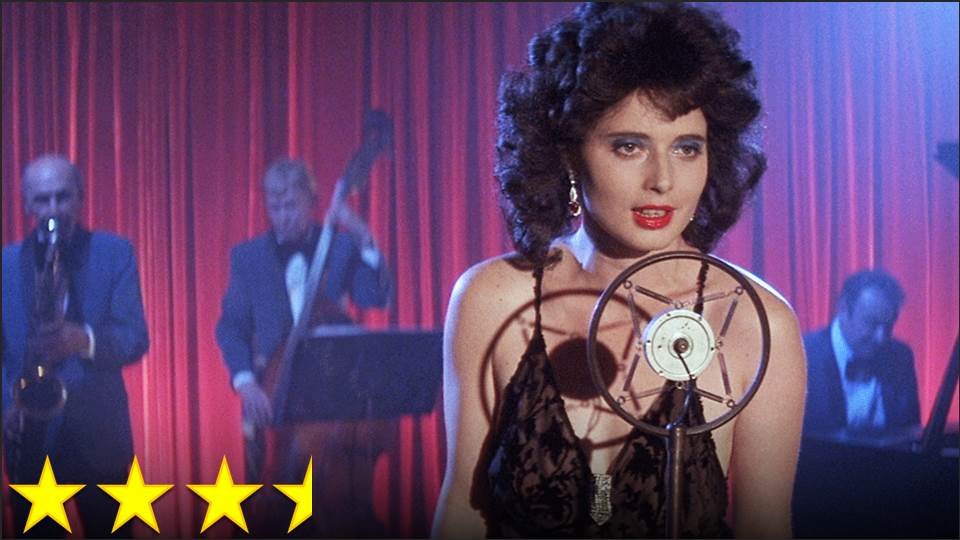I think I’ve written before about my love for nanar, which is the French term for a movie that’s so bad that it becomes enjoyable. I know I’ve written before about my love for movies that are nanar in some scenes and legitimately impressive in others. Since I am finding more and more films that seem to fit this category, I’ll call this type of film a génial–nanar blend. Usually I only note one of these kinds of films if I absolutely love it, which was the case for Masters of the Universe, but sometimes there are parts that are bad enough to be mildly enjoyable in some scenes and decent in others. This is a bit more common and less noteworthy, so we don’t often think much of these films, but one that stands out for me is Phenomena, or as it was known in the United States, The Creepers.
Phenomena is the title I use for it because it’s the name of the original, longer version of the film, which is the version that I saw, so those who’ve seen it as Creepers may have seen a much worse film than I did. This is an Italian film from Dario Argento, a name I didn’t recognize since I’ve never been much of a horror buff, but he seems to be a bit of a name in the field. The star of the film, however, is not an Italian, but a young Jennifer Connelly, and seeing as how I’m obsessed with Jim Henson’s Labyrinth, I had to see this movie. She does a decent job with most scenes, but fortunately there’s some cheesy and over-the-top acting in there to make the film nice and campy. That being said, the consequence of an American star in an Italian film is that most of the characters are dubbed, and very badly at that. This just serves to make the film exceptionally comical, but also very odd seeing as how the moments of what seem like entirely incompetent film-making are matched with moments displaying cinematic mastery – sometimes both seem to happen at once.
I still haven’t worked out exactly how génial–nanar blends come about, or how they’re even possible, but at least I now know that their home is in classic campy horror films. There’s something about the desire to create a strong, original, and uncomfortable (yet somehow still fun) affect that is built into the old cheesy horror films, and it seems to be exactly the kind of thing that generates the génial–nanar. I guess there’s no nanar like nanar noir, and between this and Phantom of the Paradise, I’ve learned that I actually like the horror genre far more than I thought I did. The trick seems to be to approach cinema with a sense of fun, whimsy, experimentation, and love for entertaining. I’m still not a big fan of being afraid, but blood as fake as this film’s blood, music as fun as this film’s music, and a script as nutty and lovably stupid as this film’s script, I’m willing to put up with a few jumps and skipped heartbeats to enjoy an experience like this film’s camp.
